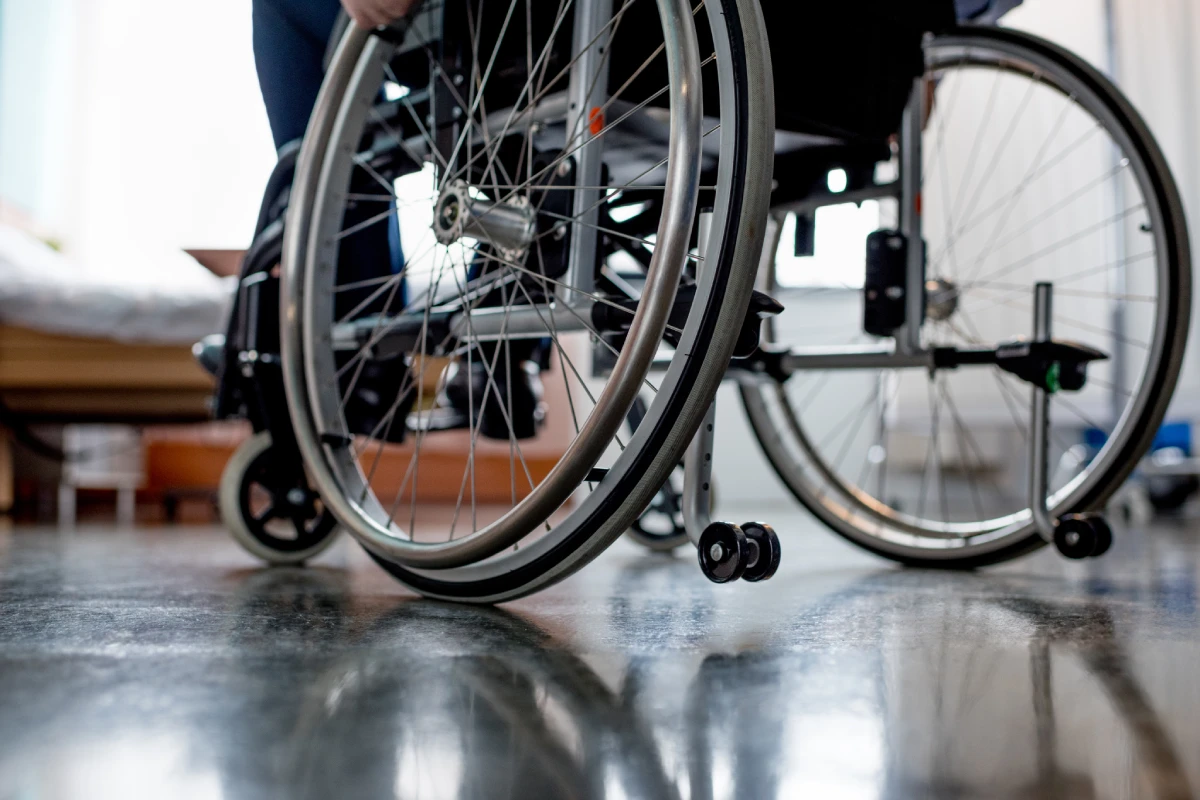If you are a U.S. citizen but live or move outside of the U.S., you may still collect Social Security Disability Insurance (SSDI) benefits if you meet the other SSDI program requirements. However, you are unable to collect Supplemental Security Income (SSI) while abroad for more than 30 days; an exception is made for children who must leave the United States because their parent is in the military.
What does Social Security consider ‘outside the country’?
To be considered outside of the U.S., you must have been in another country for at least 30 consecutive days. To be considered back inside the U.S., you would have to stay in the U.S. for at least 30 days.
Defined geographically, ‘abroad’ means you are not in:
- any of the 50 states;
- Washington D.C.;
- Puerto Rico;
- the U.S. Virgin Islands;
- Guam;
- the Northern Mariana Islands; or
- American Samoa.
But for SSI purposes, ‘abroad’ means not in the 50 states, Washington D.C., or the Northern Mariana Islands. So for example, if you’re in Puerto Rico for more than 30 days, your SSI payments stop until you return to one of the 50 states, Washington D.C. or the Northern Mariana Islands for at least 30 days.
Country-Specific Limitations Affect Your SSD Benefits
The country to which you travel affects whether you can receive your benefits. Although the Social Security Administration (SSA) can send payments to many countries, it is unable to send to North Korea and Cuba.
However, a handful of other countries allow U.S. citizens to collect their payments if they pick up their check in person at the U.S. embassy. These countries are:
- Azerbaijan;
- Belarus;
- Georgia;
- Kazakhstan;
- Kyrgyzstan;
- Moldova;
- Tajikistan;
- Turkmenistan;
- Ukraine;
- Uzbekistan; and
- Vietnam.
Changes in Status Affect Qualification for SSD Benefits
You must report certain status changes to the SSA. The SSA will send a questionnaire periodically, which helps it determine if you still qualify for benefits. Failing to complete it in a timely manner could result in payments stopping.
But it’s also important to report certain changes that could affect your benefits; do not wait to receive the questionnaire to report these changes. Some examples include:
- getting married or divorced;
- moving;
- disability improvement;
- returning to work;
- deportation from the U.S.; and
- death.
There are other changes you must report to the SSA, which is yet another reminder that it’s best to communicate with the SSA when deciding to live or move outside of the U.S.
Get Help if Applying for SSD Benefits
Applying and qualifying for Social Security disability benefits can be challenging in and of itself. Add to it a decision to leave the country and it could further complicate matters. Seek legal advice with Rob Levine Law if you’re applying for benefits and planning to go abroad. We help disabled individuals nationwide, but also at our locations in Rhode Island, Connecticut, Massachusetts, and New Hampshire, apply for Social Security disability. Call us to set up a consultation: 800-742-3920.






